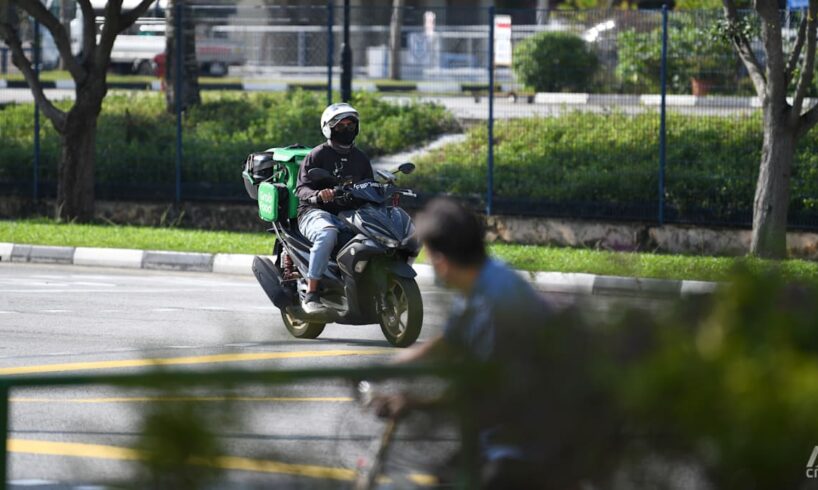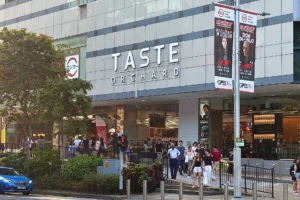
Another recommendation is for platform operators and platform work associations to develop industry-wide principles related to payment and incentive schemes.
Asked what tangible outcomes can come from this, Dr Koh said that payment structures and incentive schemes differ from platform to platform.
“That’s one of the features of the platform space, so that different workers can choose to arbitrage across one platform to another to actually find what suits their needs best,” he said.
“And because this is actually dynamic and it’s actually different across different platforms, we have to allow flexibility in this engagement.”
“We believe that this is why it’s best to conduct it bilaterally from a workers association that represents the workers’ interests with a particular operator,” he said, referring to discussions on pay and incentive schemes.
“If need be, MOM as a neutral third party will step in and facilitate that discussion, so that at some point this will hopefully land on something that strikes a good balance between what the operator needs and what the workers want.”
At the press conference, Mr Yee the Grab managing director of operations elaborated on how the platform operator will implement the key principles developed by platform operators and platform work associations for fairer and safer platform work.
He said Grab is looking at potential ways to better explain platform workers’ earnings on its app. Grab will also proactively engage the platform work associations on major changes to its incentive schemes.
“Incentive schemes should not encourage overwork,” he said. Grab will therefore continue to monitor platform workers’ online hours and adjust incentive programmes where necessary.
He elaborated: “Incentives today form a very small part of our partners’ earnings. Incentives are used to drive supply to the areas and time of the day when we need the most supply … so we will continue to use that as and when we need.”
Grab will also invest in productivity features to support platform workers to reach their earning goals faster, he said.
WHAT OTHER PLATFORM OPERATORS SAY
On prevention of illegal platform work in food delivery, Mr Yee said that Grab conducts close to 1 million selfie verification checks a month, and investigates around 10 cases for potential account misuse.
Grab will increase the frequency of these checks and notify MOM if there are reasonable suspicions of account misuse, he said.
Other platform operators responded to the recommendations on Thursday.
A Foodpanda spokesperson said the platform has robust measures to prevent the use of foreign-licensed vehicles and continuously enhances platform security against illegal delivery partners.
“Only Singapore citizens and permanent residents can register as delivery partners, with identity verification strictly enforced through facial recognition at the start of each work session throughout the day, and in other situations where identity confirmation is needed.”
Attempts to bypass the safeguards are swiftly acted upon through suspension, blacklisting and reporting to MOM.
Addressing recommendations for more scrutiny of outsourced workers, Foodpanda said third-party logistics (3PL) firms handle a “very small proportion of large-format deliveries”.
“While 3PLs are accountable for maintaining compliance, Foodpanda is open to strengthening this arrangement,” said the spokesperson.
“Our compensation structure is publicly available on the pandarider website, and all updates, including incentives or changes to fees, are clearly communicated across multiple channels,” added the spokesperson.
Deliveroo Singapore said all its rider accounts are subject to at least daily real-time facial recognition checks via live videos.
Additional checks may be triggered if rider activity patterns raise flags of possible account-sharing.
There is also “real-time behavioural monitoring” to detect possible account-sharing or fraudulent activity. Accounts will be suspended or terminated if misuse is suspected.
Deliveroo said it will look to further increase the frequency and randomisation of facial recognition checks.





